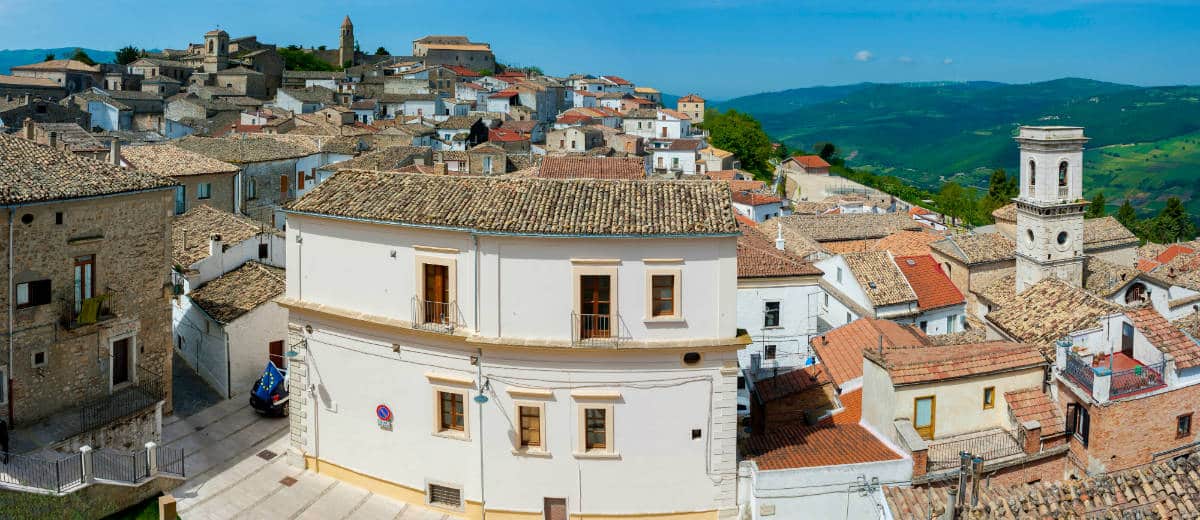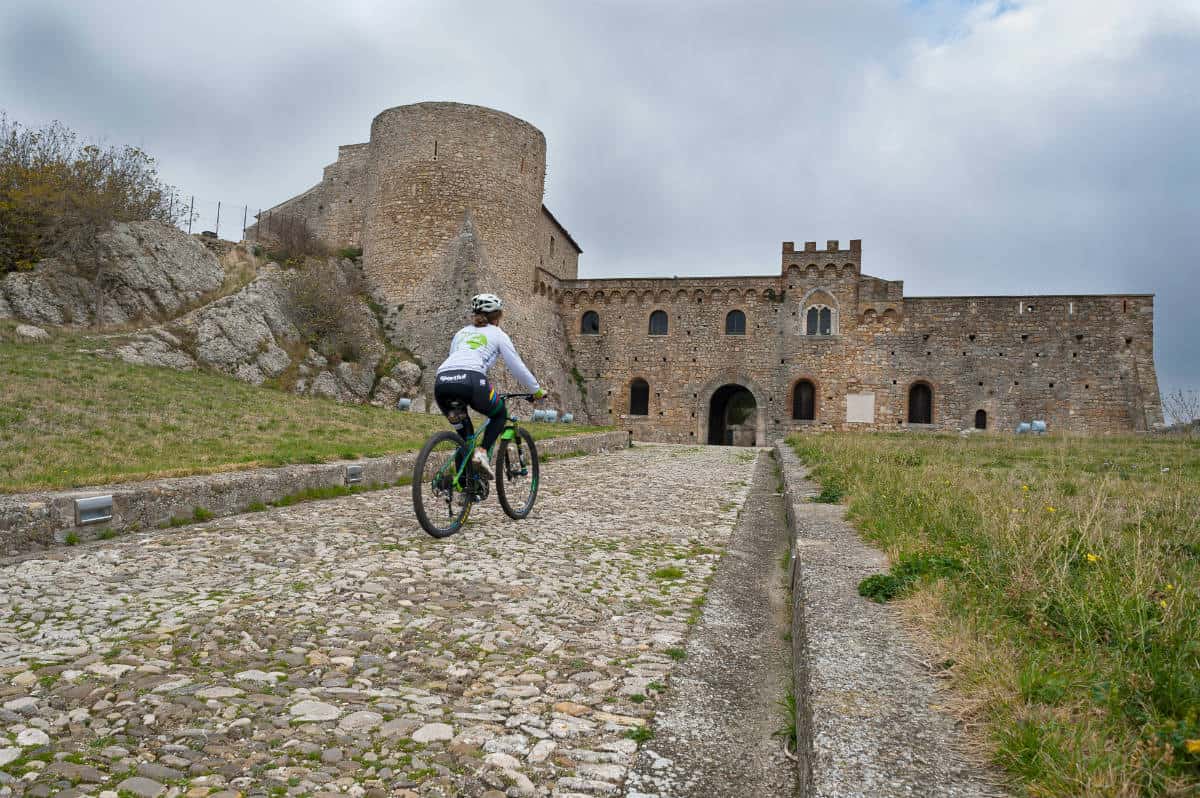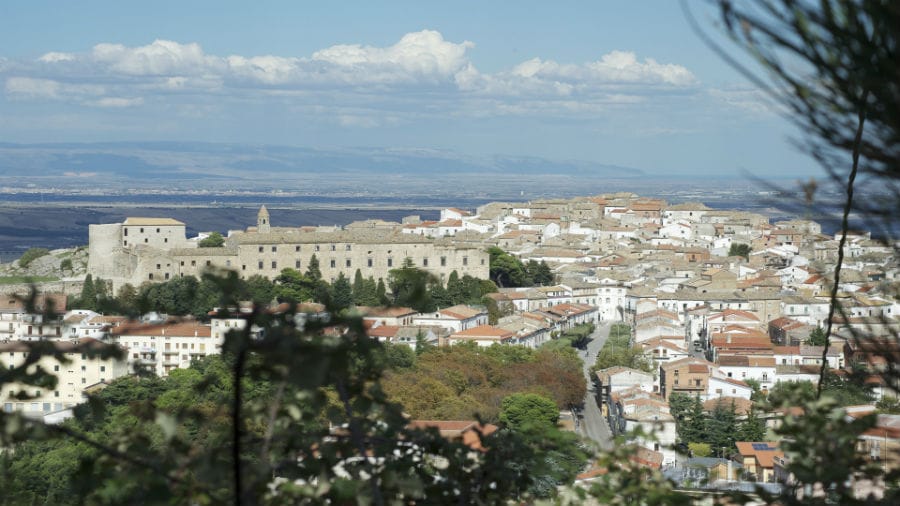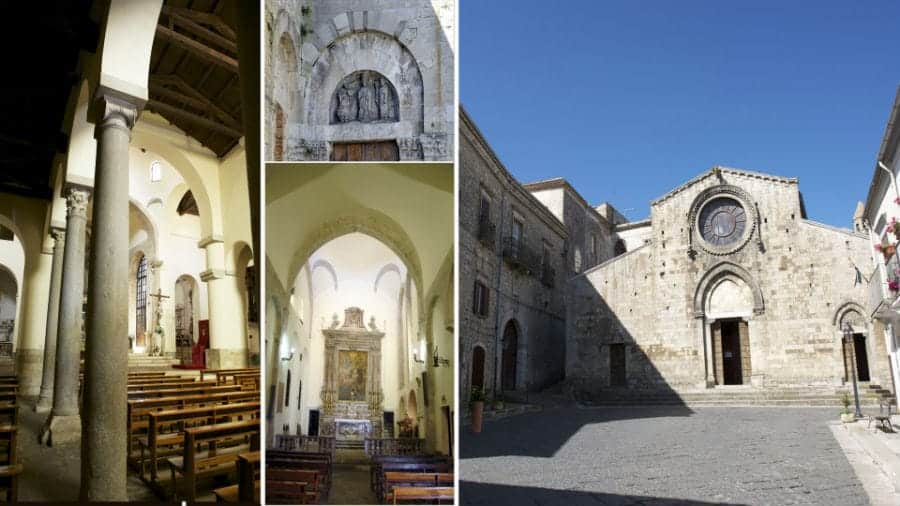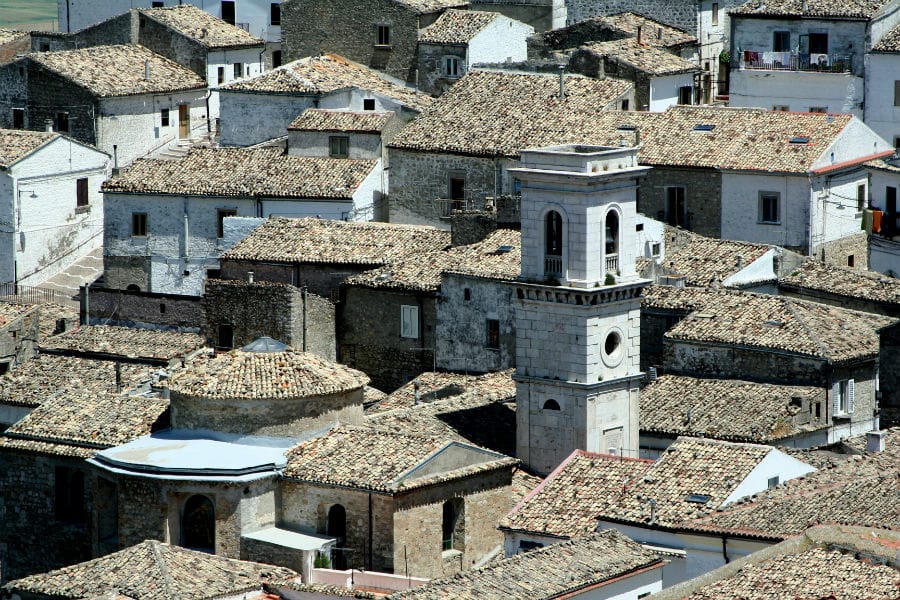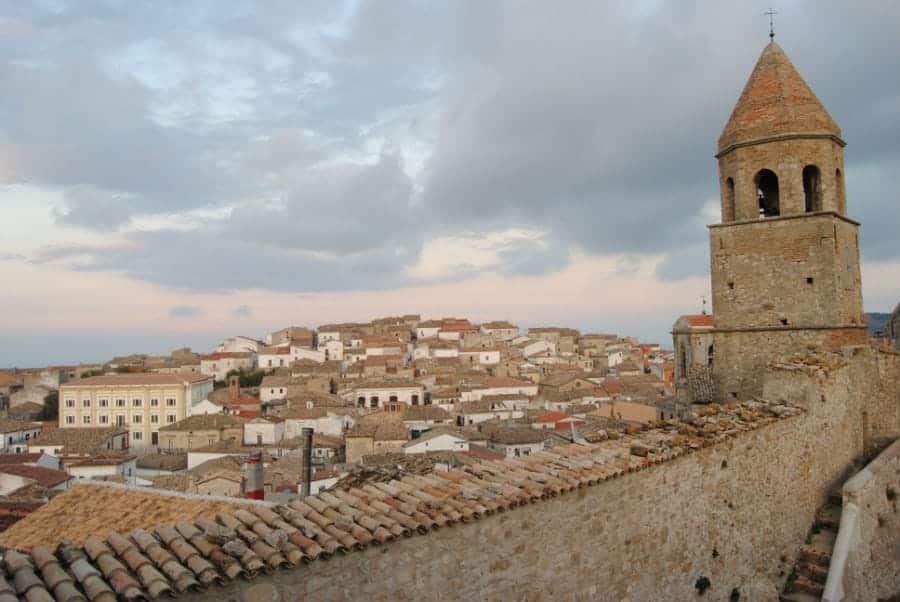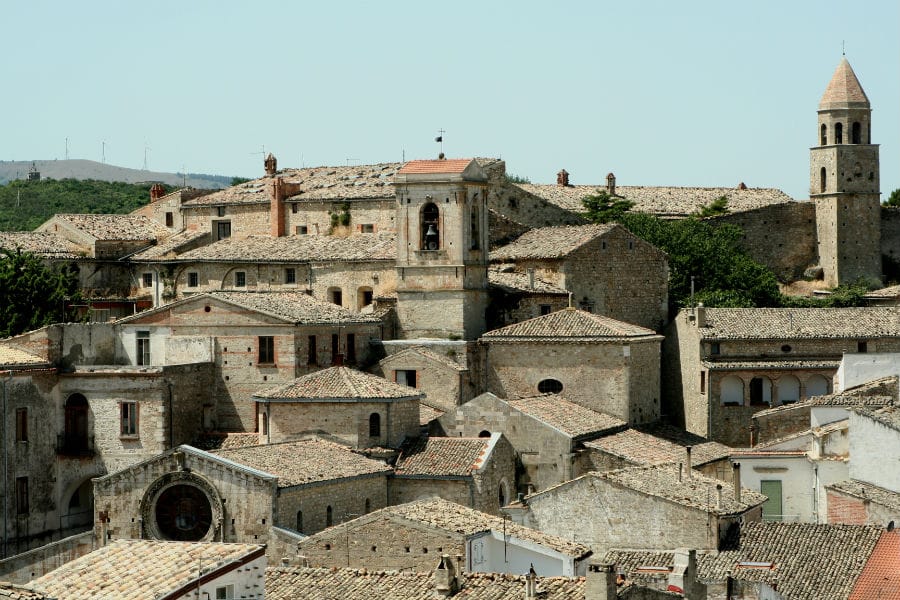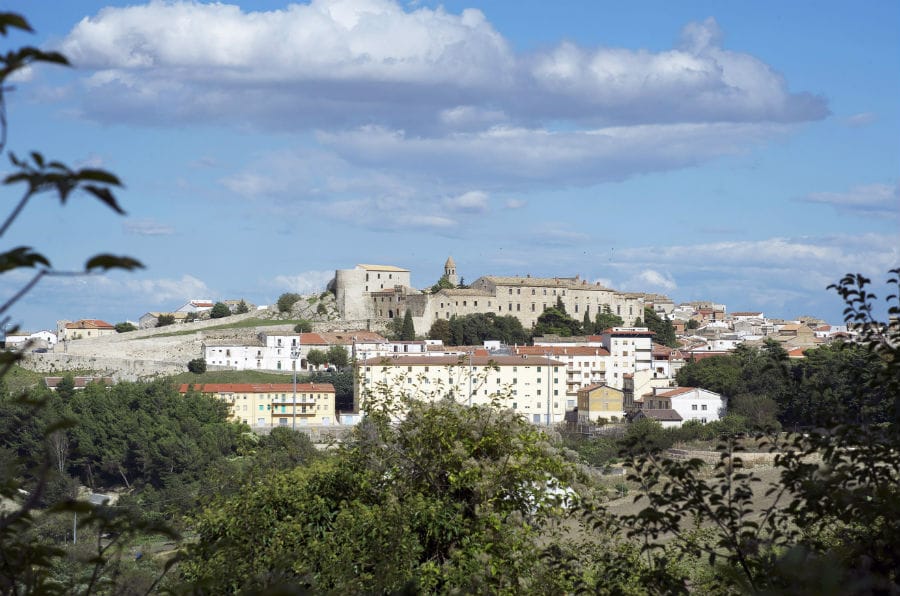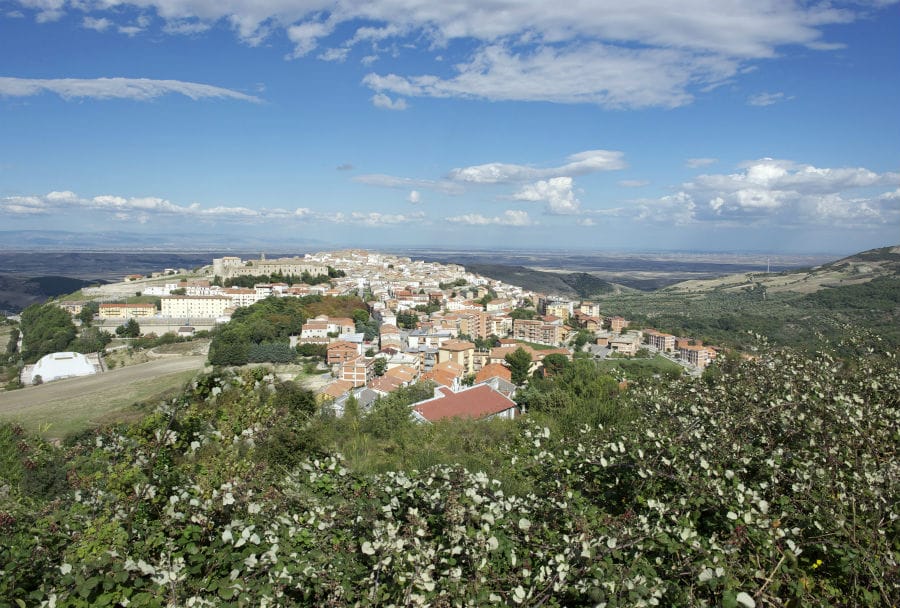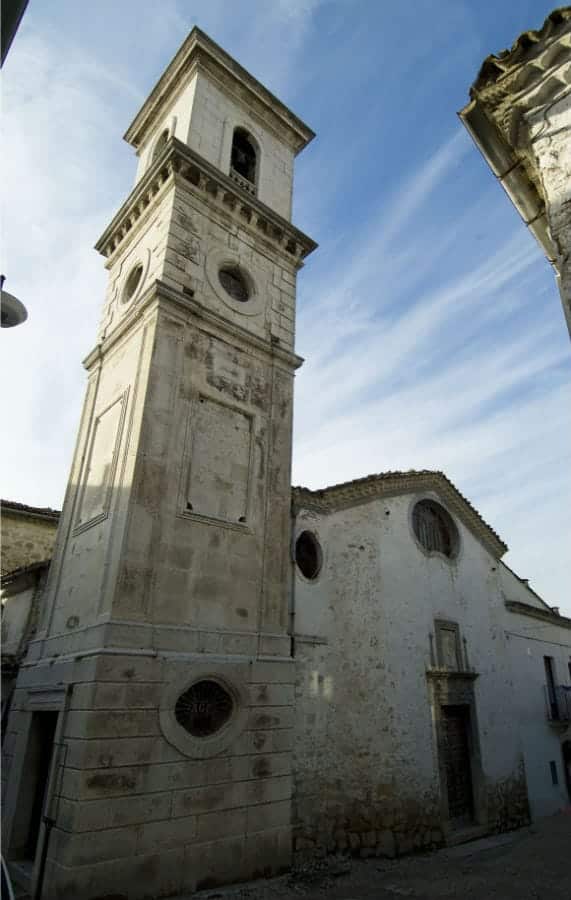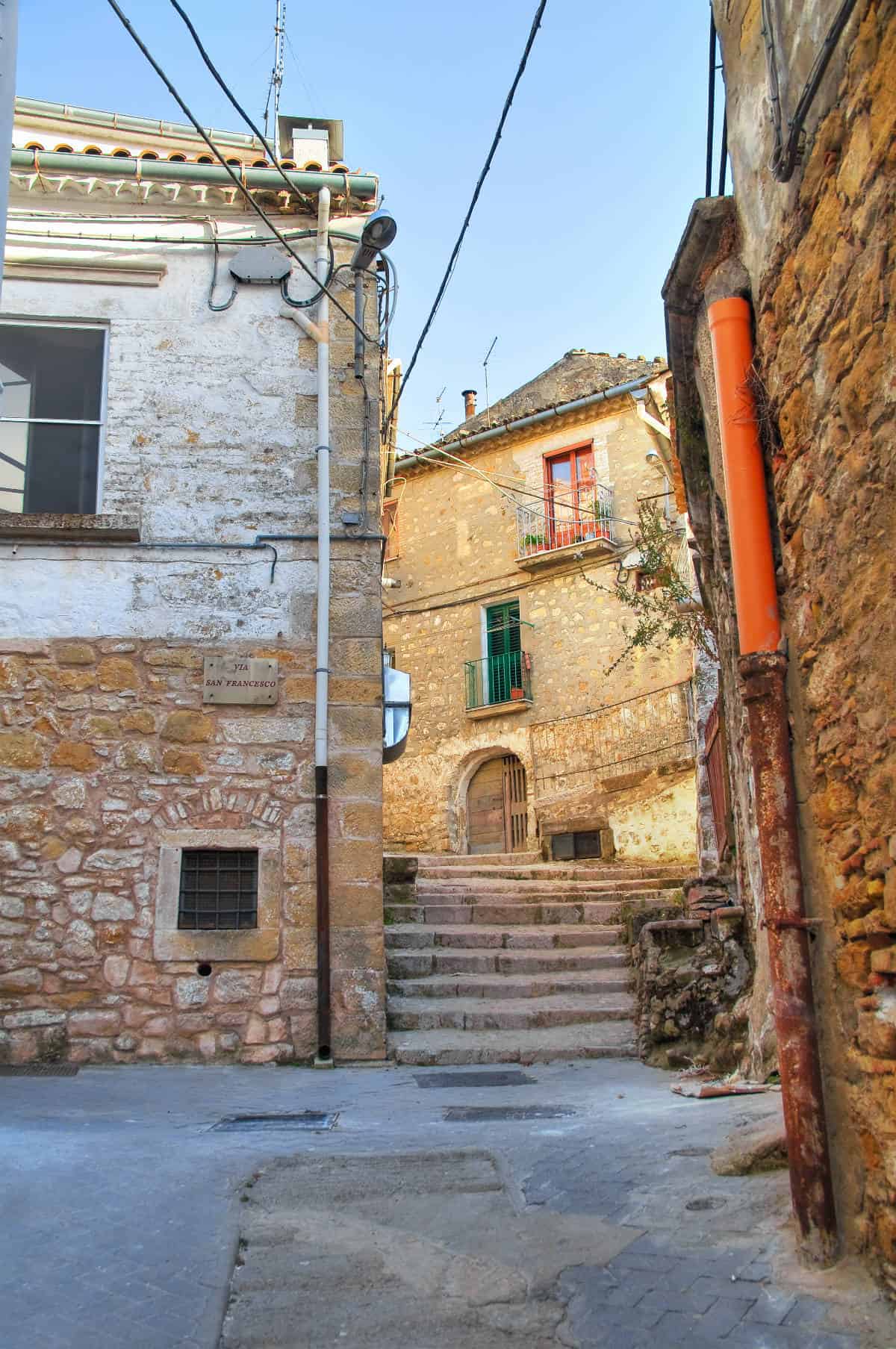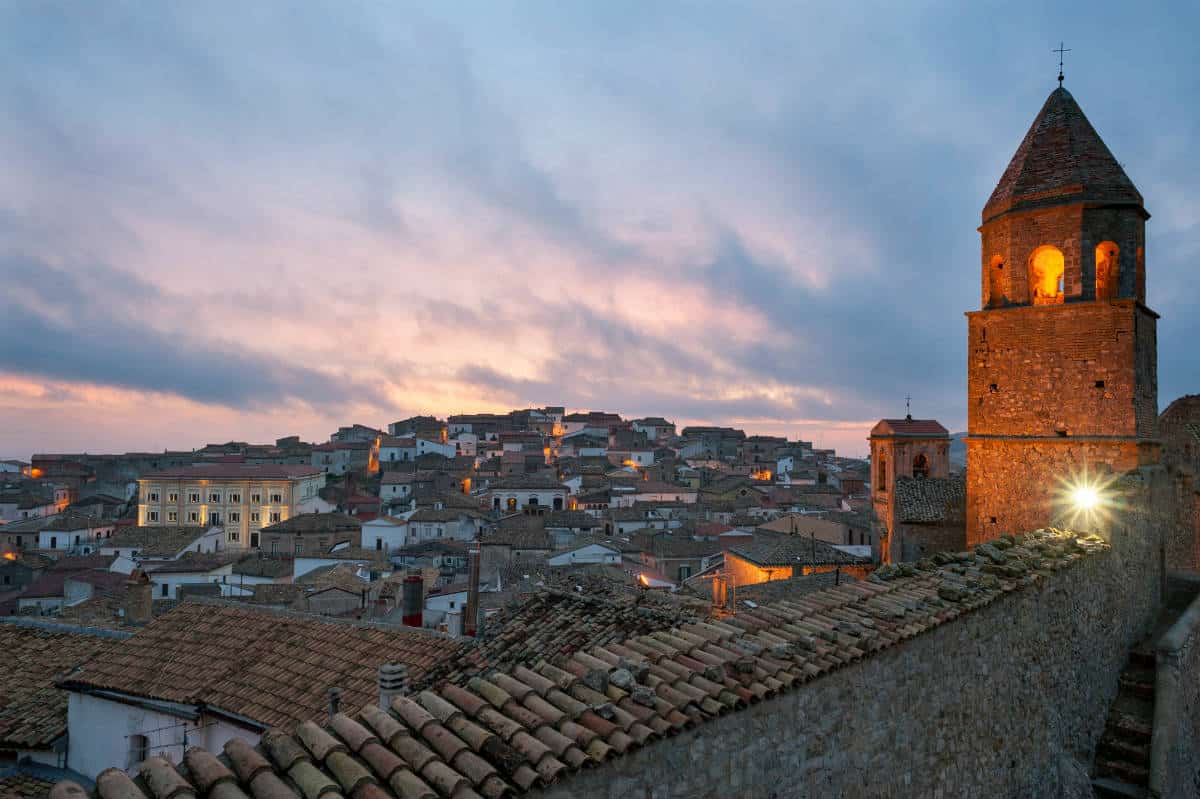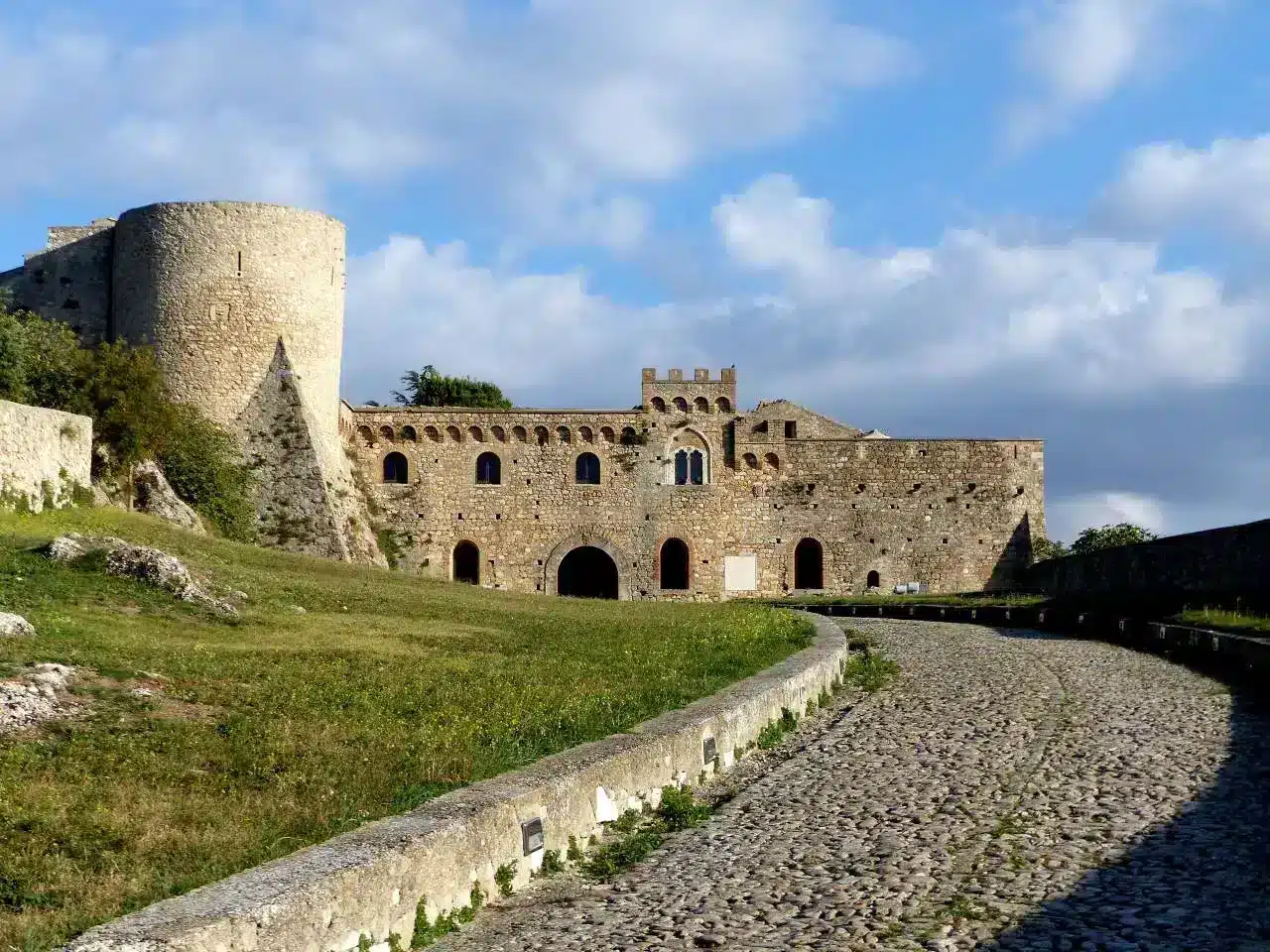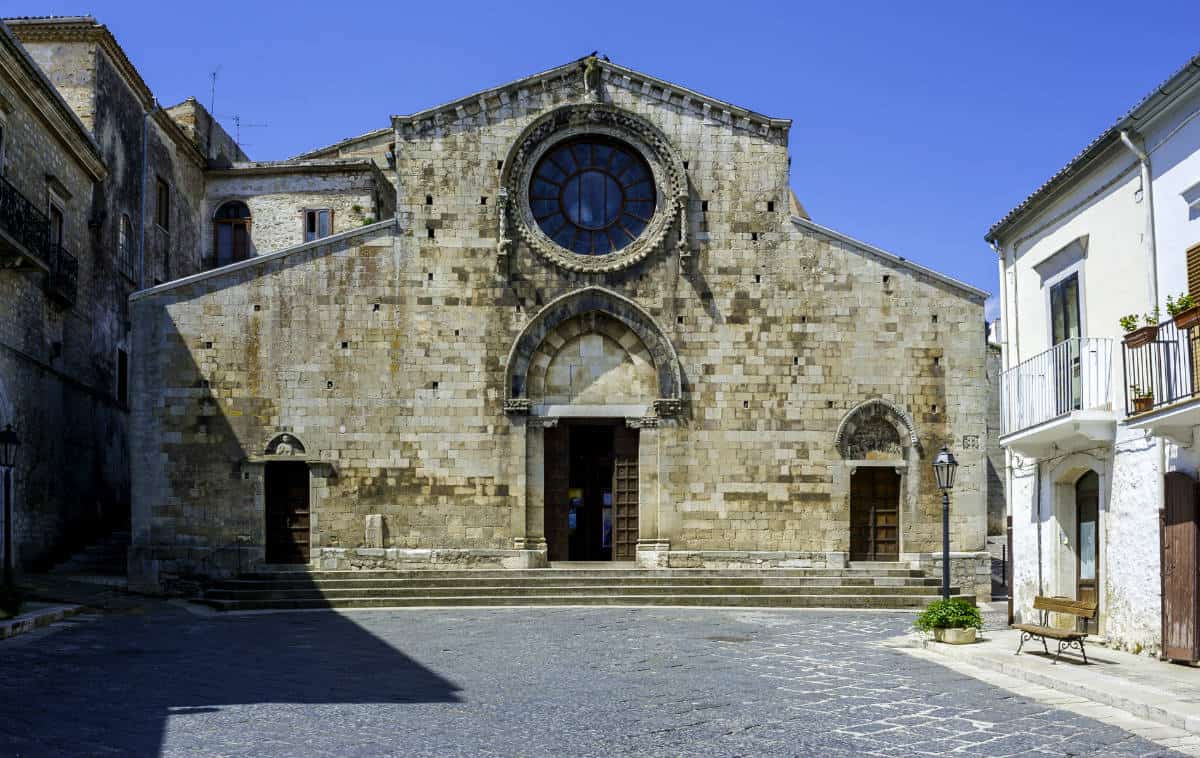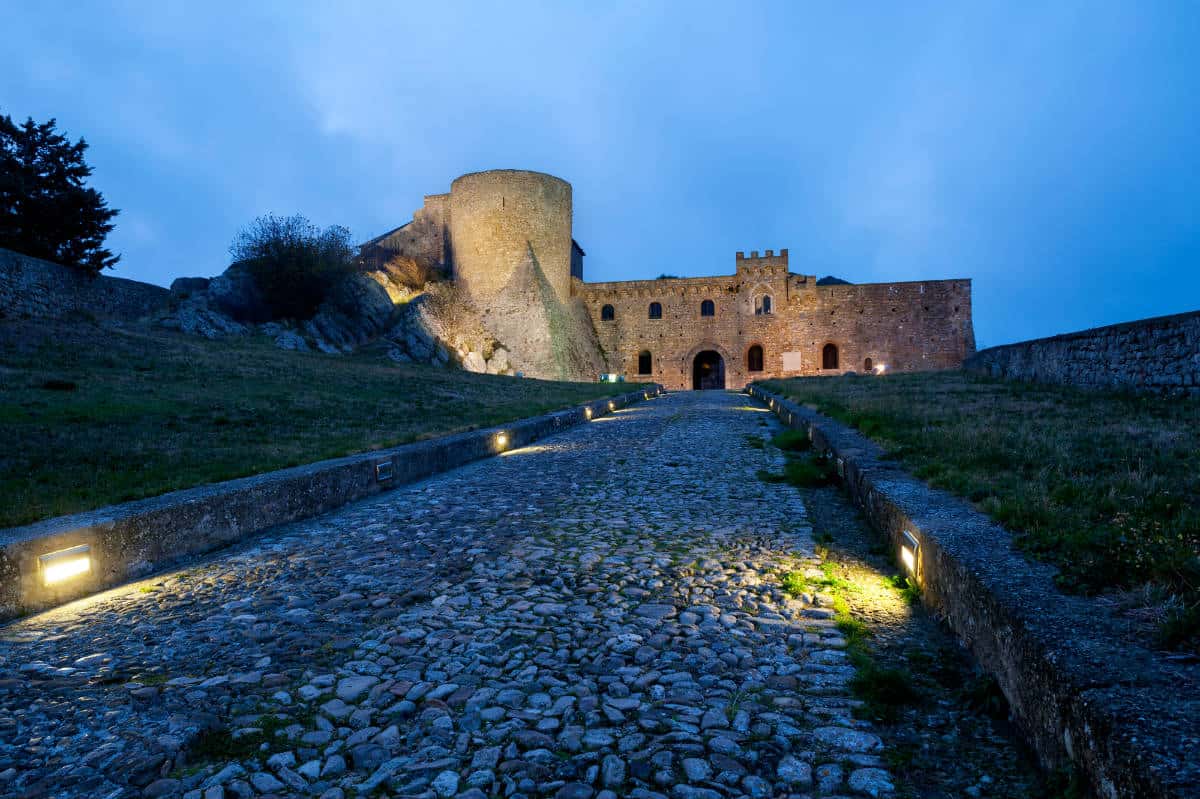Bovino's origins are rooted in Roman times, when it was known as Vibinum. The village had some strategic importance during the Second Punic War, when Hannibal, during his famous passage to Canne, camped there. But its history does not stop there: over the centuries Bovino has been the scene of numerous historical events and important transformations. In the Middle Ages, the village was fortified by the Byzantines and later became an important ecclesiastical and noble center, as evidenced by the construction of the Cathedral of Santa Maria Assunta, built in 905 AD. The Cathedral, which represents one of the most significant examples of Apulian Romanesque, preserves a particularly valuable relic: a fragment of one of the thorns from Christ's crown.
Bovino is distinguished by its privileged location and its natural environment, which has given rise to numerous episodes linked to popular tradition, such as those of the famous brigand Ghino di Tacco, who made the area known as the "Vallo di Bovino." This mountainous and wild area, rich in natural resources, has been home to brigands and adventurers who have found refuge there in past centuries.
What to see in Bovino
The heart of the village is the Castle, which dominates the entire town. Located on an imposing rocky outcrop, the Castle of Bovino has its origins in the Norman period and was later expanded by Frederick II. Over the centuries, the castle has seen the passage of numerous lords and nobles, including the powerful Guevara family, which transformed it into a noble residence. The Castle of Bovino, with its Norman tower and imposing walls, is today one of the most striking places in Daunia, a symbol of the history and culture of the village.
Alongside the Castle and the Cathedral, Bovino is rich in historic churches that testify to the town's strong ties to religious tradition. The Church of San Marco, the Church of San Pietro del Carmine, the Church of the Rosary, and the Church of the Annunziata are just some of the architectural wonders found in the historic center. St. Peter's Church, for example, dates back to 1099 and is another splendid example of Romanesque architecture. The presence of these churches, each with its own history and character, further enriches the experience of those visiting Bovino.
In addition, the village boasts a Civic Museum and a Diocesan Museum, where visitors can immerse themselves in local history and learn more about Bovino's culture and traditions. Among the most fascinating curiosities are the Cerrato Cellars, an underground archaeological monument consisting of two adjoining rooms that were probably used as cisterns for the city's water supply.
A short walk from the center is the Sanctuary of Madonna di Valleverde, one of the town's most significant places of worship. This shrine, which stands in a green and picturesque wooded area, houses a wooden statue of the Madonna and Child, made in the 13th century. The story of this statue is fascinating and shrouded in legend: it is said that in 1265 the Virgin appeared to a woodsman in a forest of oaks and holm oaks, asking him to erect a church in her honor.
Tasting and wandering around the village
Bovino is also a place where local gastronomy plays a key role. Typical Apulian products, such as caciocavallo podolico, Nero di Troia wine and handmade delicacies like taralli and orecchiette, are just some of the specialties that can be enjoyed. Podolian caciocavallo cheese, in particular, is one of Italy's excellent cheeses, made from the milk of Podolian cows that graze in the surrounding mountains. This cheese, with its unique flavor, is a true symbol of the area's agricultural and dairy tradition.
In addition to its history, culture and gastronomy, Bovino is surrounded by breathtaking nature, ideal for those who love hiking. The landscape of the Monti Dauni, with its green hills and streams, offers numerous trails for trekkers and nature lovers. The Cervaro Valley, in particular, is a peaceful corner where it is possible to walk immersed in the tranquility of the forest and enjoy unique views.
Bovino is a village that fascinates for its history, its architectural heritage, its culture and its panoramic location. Every corner of this enchanting town tells stories of times long past, including churches, castles and traditions that are interwoven with the natural landscape. A real treasure of Apulia, which deserves to be discovered and appreciated.


